I was in the right kind of mood to fall in love with a movie, and Mank was it for me.
Sean and I were at the cottage last weekend celebrating his birthday, and it was the first 48 hours I’d spent movie-free all year. Which is weird, considering 2020 will be known, among so many other things, as the year without movies. And yet, if you’re devoted to movie views and reviews, there were actually plenty of films to watch (this is my 428th review this year, not including some of Halloween and Christmas content that I backdate). Still, a lot (most) of the big releases have been delayed and there were perhaps fewer films to really get excited about – most markedly at this time of year, as Christmas is usually the big awards kick-off. So I was ripe to be swept away, ripe to appreciate something big and intentional, thoughtful and well-crafted. Mank was a cinematic gift under my tree this year, and the tag reads ‘With Love from David Fincher.’
Herman J. Mankiewicz (“call me Mank”), having just survived a car crash, is laid up in bed with a broken leg. Recovering in seclusion, and bedridden due to injury, he is perhaps in a wonderful position to do some serious writing, or that’s what Orson Welles is hoping. Orson Welles is a hot shot young director who’s just been given the Hollywood golden ticket, a rare opportunity to have complete creative control over his films. Welles has selected notorious drunk Mankiewicz as his screenwriter, leaving him with a stack of pristine white pages, a nurse, and a typist to get the work done in just a few weeks. What Mank eventually turns in will be a whirlwind, and long-winded, but beautifully written script for what will turn out to be the greatest film ever made: Citizen Kane. David Fincher’s movie takes a closer look at the duress under which that screenplay came to be written, and the Hollywood experiences that inspired it.
1930s Hollywood had a lot of stuff going on: a great depression, a looming war, rising anti-Semitism, the demonization of socialism…it was the Golden Age of Hollywood, but if you rubbed at the gold plating just a little, you could easily expose an awful lot of ugliness. Mank was a skeptic and a scathing social critic. Before he wrote for movies, he wrote for newspapers; he was the Berlin correspondent for the Chicago Tribune but really sharpened his wit as the drama critic for The New York Times and as the first regular drama critic at The New Yorker. When he made the move to Hollywood, Mank was often asked to fix the screenplays of other writers, with much of this work going uncredited. Ultimately he worked on The Wizard of Oz, Man of the World, Dinner at Eight, Pride of the Yankees, and The Pride of St. Louis, and dozens more. He became one of the highest-paid writers in the world, audiences gobbling up his new style of “fast” and “immoral” characters and plot. He wasn’t the most important man in Hollywood but he knew the ones that were – studio head Louis B. Mayer, for example, of whom Mank was not a fan.
David Fincher’s film sees Mank (Gary Oldman) laid up in bed, reflecting on his time in Hollywood, and digesting it into a movie that Welles (Tom Burke) would immortalize, critics would applaud, history would remember, and Hollywood insiders revile, for they knew the man Mank was referencing behind a veil so thin it left very little doubt. The man was of course frenemy and newspaper tycoon William Randolph Hearst (Charles Dance).
As typist Rita (Lily Collins) races to keep pace, turning his volumes of scrawls into something legible, Mank writes feverishly and drinks furiously. He has clearly been holding on to a lot of resentment as we flashback to specific events that are easily related to characters and scenes that we know and love from Citizen Kane. Hearst’s mistress, for example, Marion Davies (Amandy Seyfried), an actress for whom Hearst co-founded a movie studio, and to whose career he devoted many headlines throughout his vast media empire. And Mayer (Arliss Howard) at the studio, shamelessly churning out propaganda that would be mistaken for news (fake news, we’d call it in 2020) in order to sway elections. Mank has contempt for them all, and yet he’s able to turn into a script about spiritual corruption into, well, an enjoyable movie about spiritual corruption. It’s beautiful, in its way, in its insight and compassion.
Fincher’s film attracts my attention, my whimsy, and my admiration from the very first frame – from the opening credits, even. It looks and feels like a movie made during the period in which it’s set, and yet it also looks and feels as though it has every benefit that modern 21st century film making has to offer. With the help of cinematographer Erik Messerschmidt, Fincher straddles a line of his own making, and manages to lay down on film the very best of both worlds. Mank is textured and technically brilliant. It is a love letter to cinema, to the greatest movie ever made, and to film making itself, by brilliant film maker himself, an auteur, a highly skilled visual storyteller who eschewed film school and cut his teeth instead on Rick Springfield music videos (true story). After making his way through the very best (Madonna, Aerosmith, Iggy Pop, George Michael, Michael Jackson, the Stones), he made the leap to the big screen with 1992’s Alien³ (which also starred Charles Dance, fyi), which wasn’t a critical darling but did take some admirable risks with the franchise’s mythology. Ice broken, Fincher never looked back, and if you’re any kind of cinephile, chances are pretty good at least one of his films is in your top 10 (Se7en, Fight Club, Zodiac, The Social Network, Gone Girl), yet he’s never won an Oscar for direction, nor have any of his films landed the coveted Best Picture award, though The Curious Case of Benjamin Button seemed a shoo-in with 13 nominations that year (it lost to Slumdog Millionaire). Will this be Fincher’s year?
Mank‘s cast is not to be forgotten, the film’s success in large part thanks to an extremely talented ensemble who really work the material. The razor-sharp dialogue can be a lot of fun, and some of the drunken soliloquies are absolutely the stuff Oscar clips are made of. Gary Oldman of course deserves top credit for portraying a cynic with a secret soft heart, but he’s surrounded by people able to rally, particularly Charles Dance who is most hypnotic as a titan outraged by criticism. The quasi-betrayal between these two men is a magnetic source of conflict and intrigue.
The script too, is something to behold, and it’s perhaps the component that fascinates me most, credited to a Jack Fincher. Any relation, you might ask? Indeed, Jack Fincher is David’s father. David’s dead father, in fact, dead since 2003 in fact. Mank is his only screen credit. Clearly this script has been languishing in a drawer somewhere for quite some time, perhaps its only companion a screenplay about Howard Hughes that never got made once Scorsese chose John Logan’s version for The Aviator. Still, Mank must have been the favourite, since David recalls that as a budding child cinephile shepherded mostly by his father, there was no question which was “the greatest movie ever made.” Of course, that was very much nearly fact for a very long time, the film beloved and admired from the 1950s on (especially once it started being screened on television). It has been the watermark against which all other film is measured, and has informed an entire generation of film makers. Jack Fincher’s script is a clever way to let us celebrate the film once again, and perhaps appreciate some of its most personal influences. The senior Fincher gets lone credit for the script, though the way it proficiently draws such incisive parallels to present day makes it clear that Junior has had a hand in it is well. I wouldn’t be bothered one bit to see Jack Fincher receive an Oscsar nomination for his work, and I do wonder who holds the record for (forgive me) most posthumously awarded recipient.
Mank manages a send up to an entire era of film making while also saluting the man who gave so many favoured films of the time their unique flavour and identity. It’s a peek behind the scenes that isn’t necessarily pretty, but incredibly fascinating, an homage to an undisputed classic that just may turn into a classic itself.

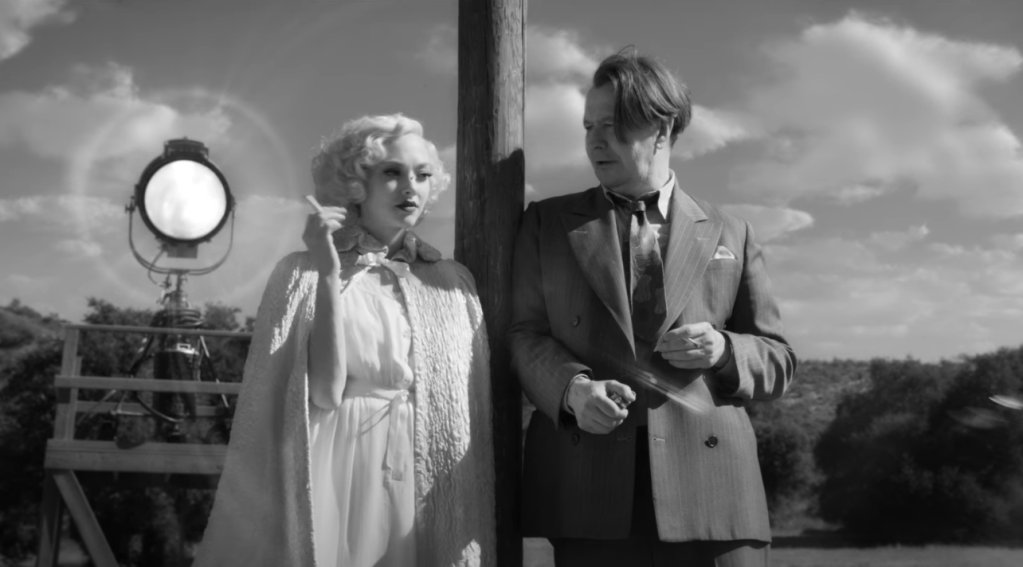


 The film was among the first to film in New Orleans after Katrina, enticed by tax savings that made up a good chunk of their budget. Director David Fincher praised the city’s rehab efforts and filmed in both rural and urban settings. The film pays tribute to Katrina by having the flood threaten just as Daisy lays dying.
The film was among the first to film in New Orleans after Katrina, enticed by tax savings that made up a good chunk of their budget. Director David Fincher praised the city’s rehab efforts and filmed in both rural and urban settings. The film pays tribute to Katrina by having the flood threaten just as Daisy lays dying. which would serve to ground the fantasy, but it wasn’t an easy get. The owner had evacuated for Katrina, and had refused every previous request by movie crews. She turned down Fincher too – twice. Fincher combed over 300 other locations and ruled out every one. Finally the owner relented, and she moved into a condo so her home could be made to fit the period. She never did move back in: she evacuated again when hurricane Gustav threatened, and while away she passed, without ever seeing the movie filmed in her home of over 60 years.
which would serve to ground the fantasy, but it wasn’t an easy get. The owner had evacuated for Katrina, and had refused every previous request by movie crews. She turned down Fincher too – twice. Fincher combed over 300 other locations and ruled out every one. Finally the owner relented, and she moved into a condo so her home could be made to fit the period. She never did move back in: she evacuated again when hurricane Gustav threatened, and while away she passed, without ever seeing the movie filmed in her home of over 60 years. communities but evading police and justice to this day. The Zodiac Killer had held a dimming spot in our collective conscious for years when David Fincher got his hands on the material (a new book on the case by Robert Graysmith was the inspiration, though not terribly well-written) and turned a tired story into something that could take your breath away.
communities but evading police and justice to this day. The Zodiac Killer had held a dimming spot in our collective conscious for years when David Fincher got his hands on the material (a new book on the case by Robert Graysmith was the inspiration, though not terribly well-written) and turned a tired story into something that could take your breath away.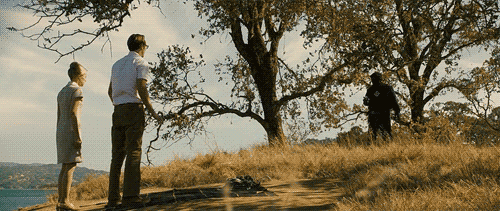 Murderer, OJ: Made in America), 10 years ago it was unknown. Maybe it was Fincher who invented it. He definitely perfected it, and without an entire season’s worth of episodes to devote to his subject, he imbues each scene with loads of meaning, making each one impactful and riveting. Maybe not as riveting as Wild Hogs, that atrocious piece of shit starring Tim Allen, John Travolta and Martin Lawrence (it opened the same weekend and beat Zodiac by about 30 million dollars), but in the past decade, it has impressed nearly everyone who’s sought it out. The cast is splendid, the script smart, the direction thoughtful and meaningful. But it did not win the Oscar. Know why? BECAUSE IT WASN’T EVEN NOMINATED!
Murderer, OJ: Made in America), 10 years ago it was unknown. Maybe it was Fincher who invented it. He definitely perfected it, and without an entire season’s worth of episodes to devote to his subject, he imbues each scene with loads of meaning, making each one impactful and riveting. Maybe not as riveting as Wild Hogs, that atrocious piece of shit starring Tim Allen, John Travolta and Martin Lawrence (it opened the same weekend and beat Zodiac by about 30 million dollars), but in the past decade, it has impressed nearly everyone who’s sought it out. The cast is splendid, the script smart, the direction thoughtful and meaningful. But it did not win the Oscar. Know why? BECAUSE IT WASN’T EVEN NOMINATED!


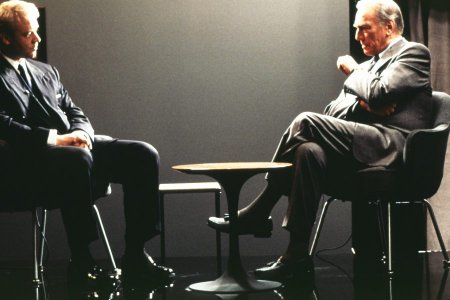


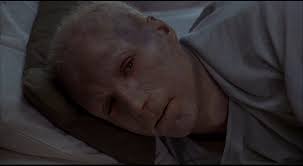
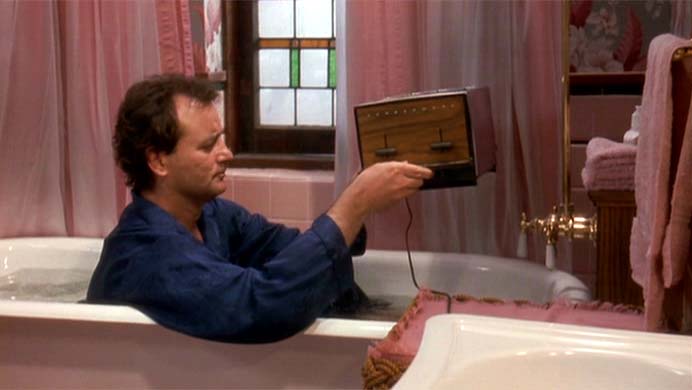
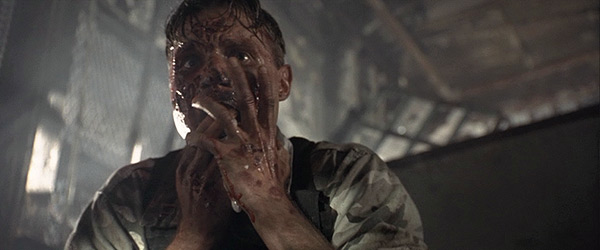







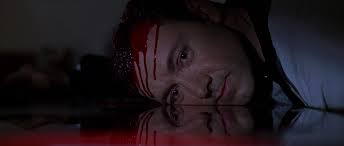




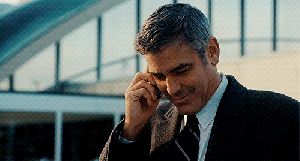

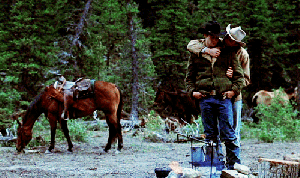

 “You can’t handle the truth!” speech every time he had more than three drinks. And I could watch it again tomorrow. There are so many good lines and so many good characters in here that it remains enjoyable to this day. And again there are a few workplaces in here, namely the courts and the Guantanamo Bay Naval Base.
“You can’t handle the truth!” speech every time he had more than three drinks. And I could watch it again tomorrow. There are so many good lines and so many good characters in here that it remains enjoyable to this day. And again there are a few workplaces in here, namely the courts and the Guantanamo Bay Naval Base.
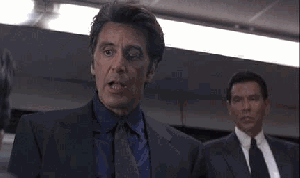
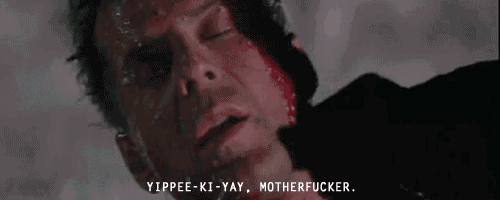
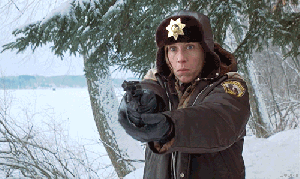


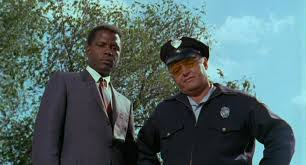
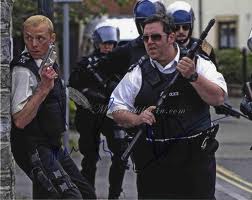



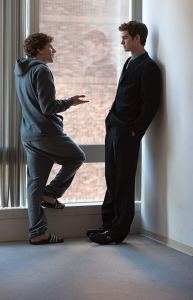 he’s got the most misogynistic piece of programming he can muster, and he shares it like wildfire. It attracts the attention of a couple of conceited, ambitious BMOCs – The Winklevoss twins (Armie Hammer), who have an idea of their own for an exclusive social network.
he’s got the most misogynistic piece of programming he can muster, and he shares it like wildfire. It attracts the attention of a couple of conceited, ambitious BMOCs – The Winklevoss twins (Armie Hammer), who have an idea of their own for an exclusive social network.